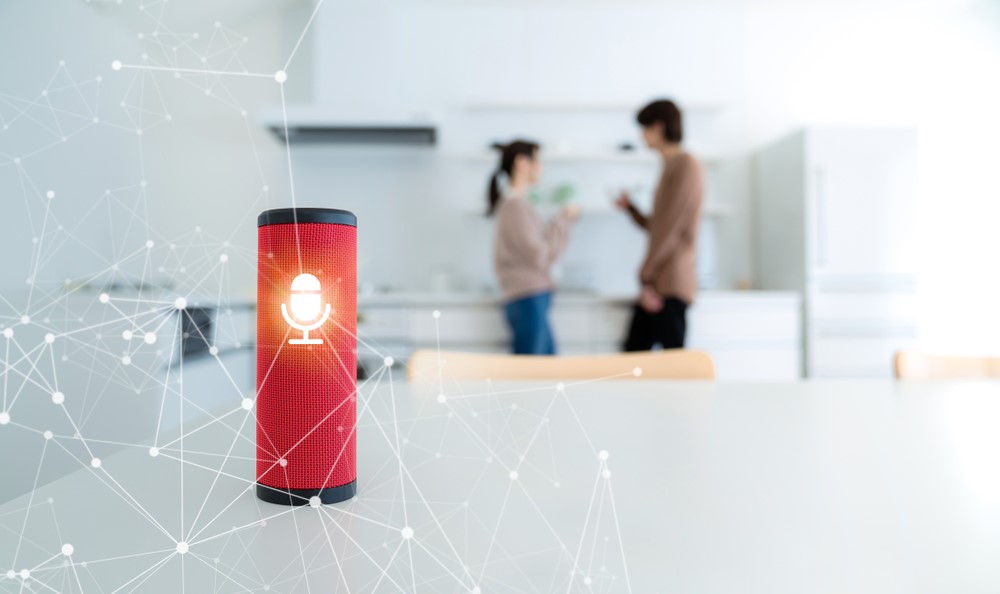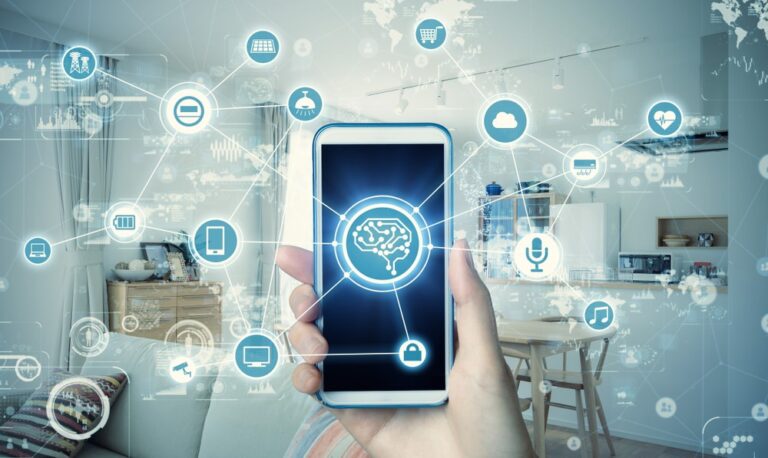Not so long ago, artificial intelligence was the stuff of science fiction, however today, it’s already pervading into every area of our lives. Already, we’re experiencing AI when we engage with a chatbot or when we speak to Siri on our phones. If you play at a live dealer casino online, you’re already engaging with artificial intelligence, probably without realizing it. Yet, in the future, it’s almost certain that artificial intelligence technology will have advanced so far that it revolutionizes the way that we live in our homes. So, how will the smart home of tomorrow look? Here’s an overview of the possibilities that AI will hold for the way we spend our daily lives.
The Future Of The Smart Home
Recent research shows that around 63 million people in the USA will have a smart home as soon as 2022, equipped with everything from pet spy cameras to internet-connected light bulbs. Some of us already have those things! However, the pace of change is set to be rapid. Experts believe we’ll go from switching lights off and on via voice activation to full immersion in the IoT within the next few years.
With AI advancements, smart homes will be able to learn as much as possible about the home’s residents and anticipate their every need. Not only that, but when we add in robotic advancements, machines will be developed that help us to cook, clean and even more. There will be even be sensors which track our well-being to help us to stay fit and healthy.
Of course, all this won’t come cheap. It has been predicted that consumers will be spending over $123 billion by 2021 on IOT equipment, and that’s just the tip of the iceberg. Internet-connected TVs, security gadgets, home monitoring equipment, lighting options and smart speakers are already in mainstream use and sustained grow will almost certainly continue with consumers adopting multiple devices in their homes as the years roll on.
AI Platforms – A Brain For Your Home?
Technological advances are set to drive the existing smart-home technology ever onwards. Innovations in AI will turn everything on its head. If you’re already using a voice assistant gadget to play music or get you the weather forecast, this will be small-fry when compared with the smart home capabilities in the future. AI platforms are set to become brain centers for the whole house, coordinating the various smart gadgets inside it and automating their controls.
There are already companies out there that are working on developing software which tracks an individual’s habits. For example, the music they prefer to listen to, the lights they use at certain times of day and the temperature that they set their oven to on a regular basis. Once it knows the user’s preferences, it will automatically take action to ensure that the user’s every need is catered for without any manual control being required.
Robots In Tomorrow’s Home

There are already some smart household gadgets which are helping us to run our homes in a more streamlined and effective way. The Roomba, for example, is a smart vacuum cleaner which can pick up after us while we sit back and relax. Furniture company IKEA is already working with a robotic company to develop furnishings which change to suit your needs, such as moving a bed if a desk is required, or hiding a closet at dinnertime.
A design firm called Design3 recently showcased CARL, it’s smart-home robot which rolls around the home, activating sensors and camera to detect any intruders, inform you of harmful emissions and babysit your pets. Meanwhile, Nvidia, the computer graphics firm, is developing a smart robotic arm which acts as a sous chef for its owner, dicing and slicing vegetables and cleaning up afterwards – a lifesaver for the disabled or busy parents.
AI’s Health Applications
At least some AI developments over the decade to come will be in the healthcare sector. Sensors and cameras fitted into refrigerators will be able to suggest healthier alternatives when someone reaches too often for sugary drinks or high fat snack. The same kind of technology could also be embedded into bathroom cabinets to tell users when they need to refresh their medication prescription. It’s even possible that AI applications could be found fitted into toilets to scan human waste before flushing for any signs of potential health problems.
What About The Future Of Privacy?
Of course all of this scanning and learning which will be done by tomorrow’s smart homes raises concerns surrounding privacy. Already, some smart home devices have been the victim of hackers, with hackers taking over countless insecure IoT devices back in 2016 then using them to send internet traffic to websites to crash them. It’s also likely that government regulation will emerge very soon, setting up security requirements for any smart device.
It’s highly likely that we’ll all be living in connected homes whether we want to or not before we know it. New homes are increasingly being designed and constructed as smart from their very inception. It is seen as such a vital part of home life today that architects and home designers are starting out with a connected design plan before even beginning on the construction process.
Technology is no longer an afterthought, and smart home AI is already seen as just as vital as air conditioning, refrigeration and electricity. We’ll all be relying on smart home artificial intelligence within the next few years!




Comments are closed.